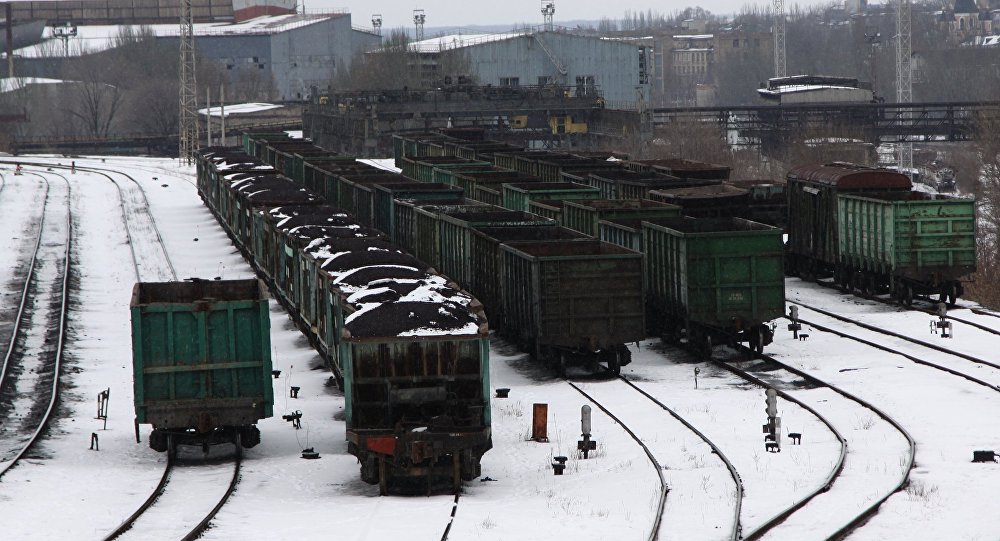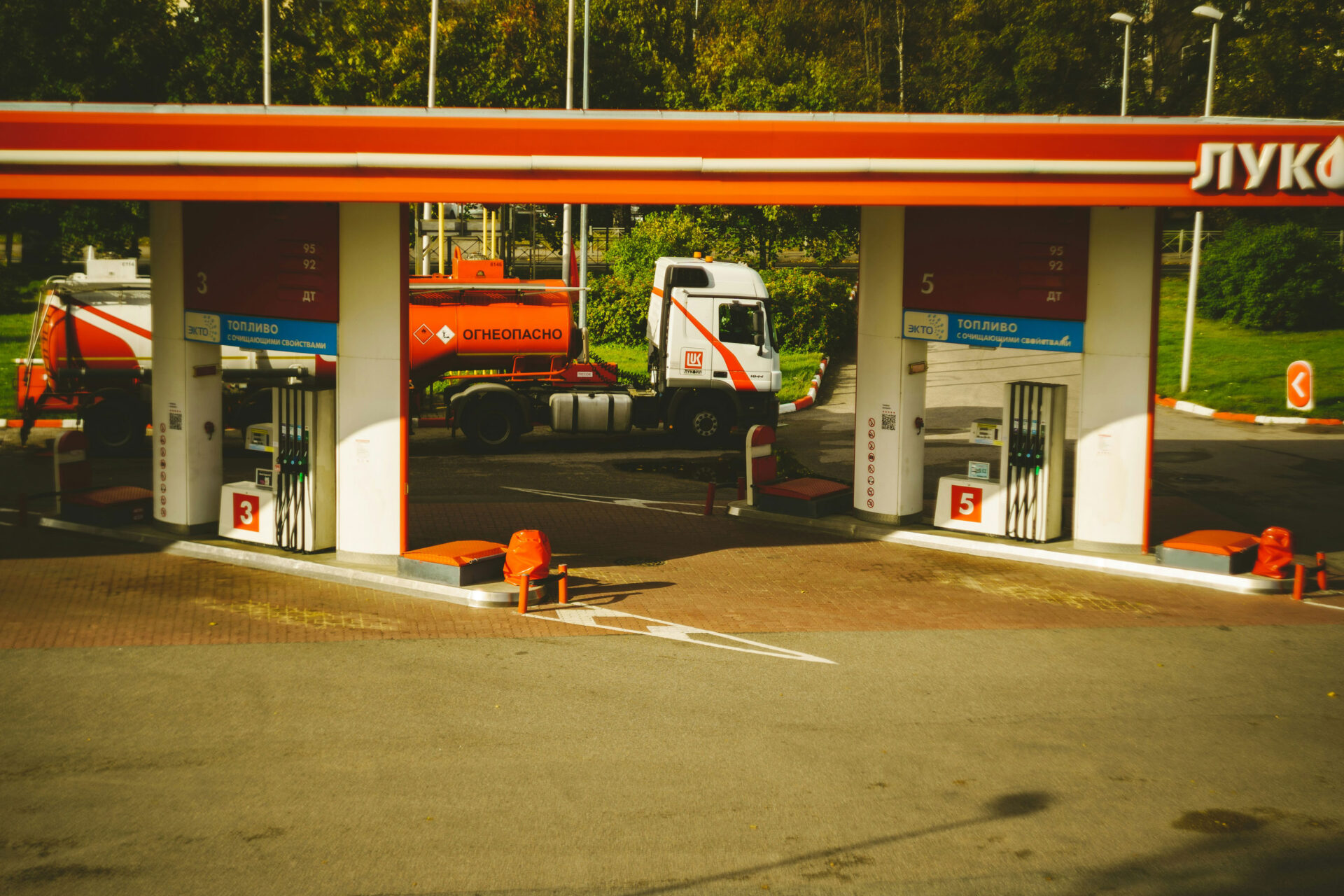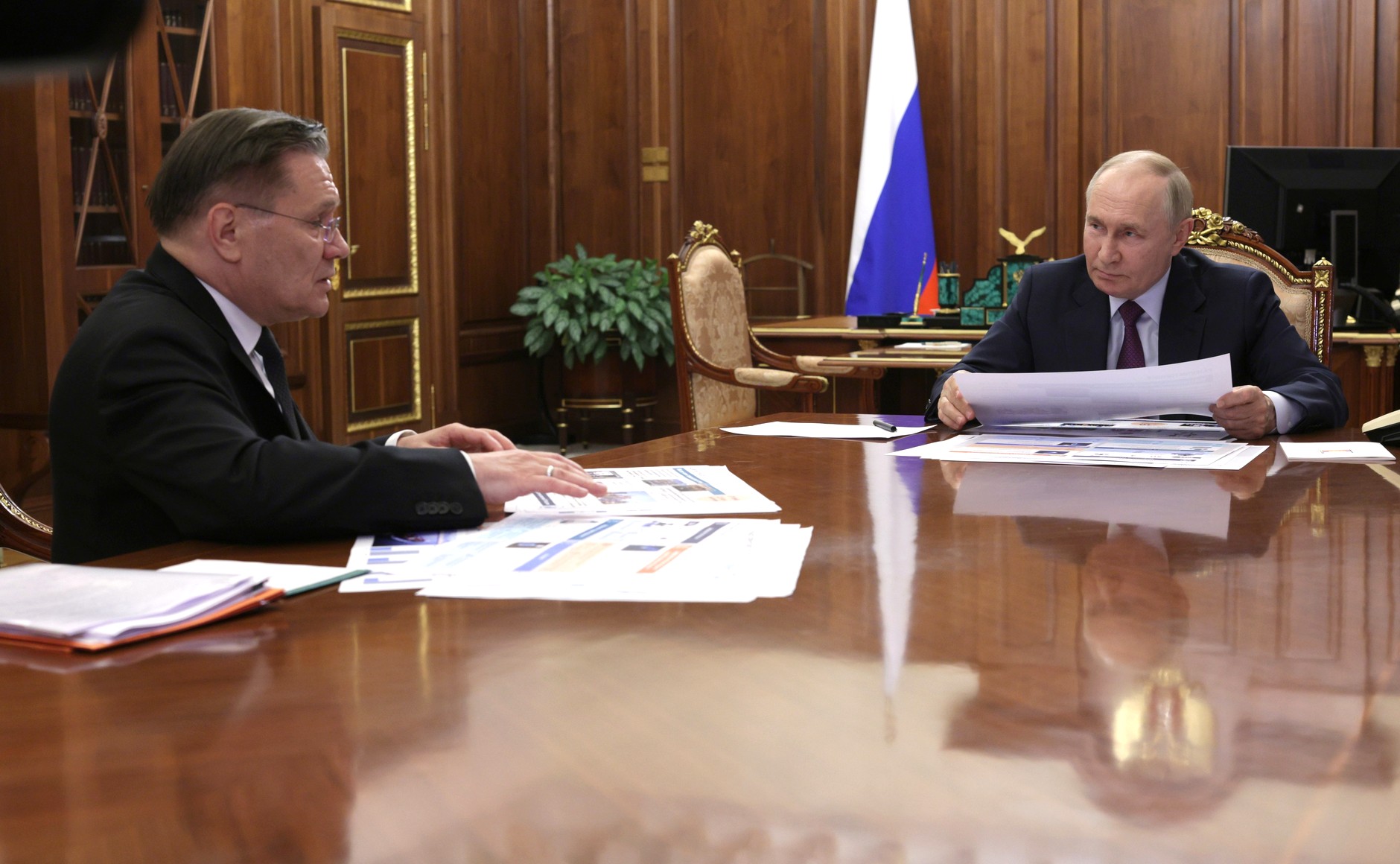
Coal Smuggled From Ukraine’s Occupied Donbas Ends up in Poland
Coal Smuggled From Ukraine’s Occupied Donbas Ends up in Poland
While Ukraine’s power plants are short of fuel, coal from the unrecognized Luhansk “people’s republic,” located in the Moscow-proxy-controlled eastern part of Donbas, has been smuggled to Poland, journalists from the Polish newspaper Dziennik have found. Doncoaltrade, a firm linked to Oleksandr Melnychuk, a former deputy coal minister of the unrecognized Luhansk authority, has been exporting coal from Luhansk to Poland via Russia (Dziennik.pl, October 4). Moreover, Roman Zyukov, the son of former Ukrainian deputy energy minister Yury Zyukov, is Melnychuk’s partner in Doncoaltrade, although the younger Zyukov denies involvement in smuggling coal to Poland. Kyiv suspects Yury Zyukov of having links to Moscow’s proxies in Donbas (Pravda.com.ua, October 6).
Any exports from Luhansk and the other unrecognized “republic” in Donbas, Donetsk, are illegal because the area is out of reach for Ukrainian tax and customs authorities. Legal coal purchases from the area had been possible, in theory, until last spring, via firms registered in Kyiv-controlled Ukraine. But Ukrainian President Petro Poroshenko, under pressure from populist and nationalist groups, outlawed trade with entities located in the Russian-occupied areas last March; in response, the local Moscow-backed authorities “nationalized” those entities, the bulk of which are coal mines (see EDM, March 29).
Polish Energy Minister Krzysztof Tchórzewski conceded that coal from Donbas reached Poland, but he claimed only 11,000 tons of it was imported. Tchórzewski said that would suffice for one power unit a day, implying that small volumes were purchased (Biznesalert.pl, October 4). However, the Ukrainian website Liga.net calculated, citing official Russian railroad and customs data, that at least 93,000 tons of coal was exported from the rebel-held areas in Donbas to Poland via Russia in January–September (Liga.net, October 5).
Tchórzewski’s Ukrainian counterpart, Ihor Nasalyk, said that coal imports from the rebel-held areas was tantamount to financing terrorism. Nasalyk added that Tchórzewski assured him Polish authorities would look into the matter and stop the imports. But Nasalyk also told Ukrainian 112 TV that he learnt from the journalist who wrote the article for Dziennik that coal from the rebel-held areas was exported not only to Poland, but also to other European countries. Additional reporting on this matter is apparently forthcoming (112 TV, October 5).
It has long been suspected in Ukraine that coal from the rebel-held areas is smuggled to Russia and further on to third countries. Poland’s Energy Minister Tchórzewski is simply the first foreign official to admit that fact. Liga.net reported that more than 2.2 million tons of anthracite coal was smuggled from the rebel-held areas to Russia in 2015–2016, and almost 1 million tons was smuggled in January–September 2017. Coal from Donbas reaches Poland from Russia mainly via the Belarusian railway station of Brest, and some of it is also exported via seaports in the Russian Rostov province, according to Liga.net, which listed ten recently established Russian firms involved in this extra-legal trade. The biggest of them, Ugolnye Tekhnologii, is co-owned by Melnychuk, who was mentioned by Dziennik (Liga.net, October 5).
In the meantime, Ukrainian coal production plunged 11.5 percent, to 26.2 million tons, during January–September 2017, compared to the same period last year (Interfax, October 3). Furthermore, half of Ukraine’s thermal power plants (TPPs) are designed to use anthracite coal, about 9 million tons per annum, but the country’s anthracite mines tend to be in rebel-held Donbas. As a result, the local TPPs have been short of fuel, and their owners have had to look for coal with qualities similar to Donbas anthracite as far as the United States and South Africa. In July, the state-owned power generation company Centerenergo concluded a contract to buy 700,000 tons of coal from the US company Xcoal Energy & Resources for the Trypilska TPP, near Kyiv (Centerenergo.com, July 31). The private company DTEK, whose Donbas anthracite mines were taken over by Moscow proxies, contracted 675,000 tons of coal from South Africa (Segodnya.ua, August 14).
While waiting for shiploads of coal from overseas, Ukraine has in fact been relying on Russian coal. In the first half of 2017, Ukraine’s TPPs burned one million tons of coal from Russia, compared to only 145,000 tons imported from South Africa and 119,000 tons from Poland (Interfax, July 25). Since Moscow smuggles coal from Donbas, it is logical to suspect that Russia in fact re-sells Ukraine’s own coal to Ukraine. DTEK, which mulled selling the coal mines it owns in Russia’s Rostov province, now uses more coal from them for its TPPs in Ukraine, creating jobs and tax revenue for the Russian Federation. As a result, Ukrainian consumers pay more for electricity, while taxes and profits from coal production in the rebel-held areas and sales go to Moscow and its proxies, rather than Kyiv, as had been the case before the blockade imposed by Poroshenko’s government. Additionally, Russia and its proxies are tapping the markets of third countries, where they can earn even more from sales of Ukrainian coal, as seen in the Polish example. So by stopping trade with the rebel-held areas, Kyiv shot itself in the foot, at least from a purely economic sense.


